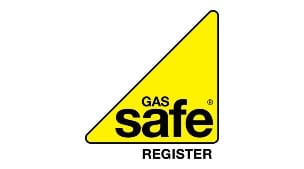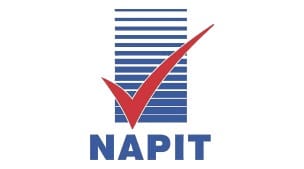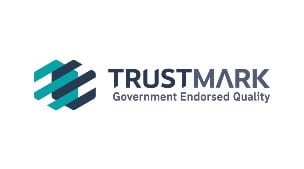- Home
- Electrical Certificates
- Gas Certificates
- EPC
- PAT Testing
- Property Services
- News
- About
- Contact
Why did my Gas Safety Certificate Fail?
On your Gas Safety Certificate it will indicate if your certificate has failed by stating if either or all appliances are ‘Not Safe to use’ as a tick box. At the bottom of the gas certificate it will also state the failure findings with a code. Below you will find the definitions of what each code means.
‘Immediately Dangerous’ (ID)
An “immediately dangerous” installation is one which, if operated or left connected to a gas supply, is considered to be an immediate danger to life or property.
The installation will be disconnected, with your permission, and must not be used until the necessary work has been carried out to repair the defect(s). If you continue to use an immediately dangerous installation you could be putting you or your family’s lives in danger.
If you refuse the gas engineer permission to disconnect the installation or an individual appliance, they will report the situation to the Gas Emergency Service Provider (ESP). The ESP has legal powers to demand entry to make the situation safe or may disconnect the gas supply to the property.
‘At Risk’ (AR)
An “at risk” installation is where one or more recognised faults are present which could constitute a danger to life or property without further faults developing.
With your permission, the installation will be turned off and should not be used again until the fault has been repaired.
‘Not to Current Standards’ (NCS)
Over time, industry standards may change and, as a result, existing installations may not always meet the current safety requirements. A “not to current standards” installation is one which does not meet with current standards, but is safe. You may however wish to improve the installation to meet current standards as this could improve the reliability and lifespan of the installation. If the installation has been carried out recently, you should contact the registered gas business that carried out the work to correct any identified faults. For older installations your gas engineer can advise you whether the installation should be brought in line with current standards.
It is always a good idea to bring an installation up to current standards, but that will often depend upon whether the work can be undertaken at reasonable cost, or whether any other work is likely to be carried out on the installation in the near future, such as a replacement appliance.
Testimonials
What our clients say




